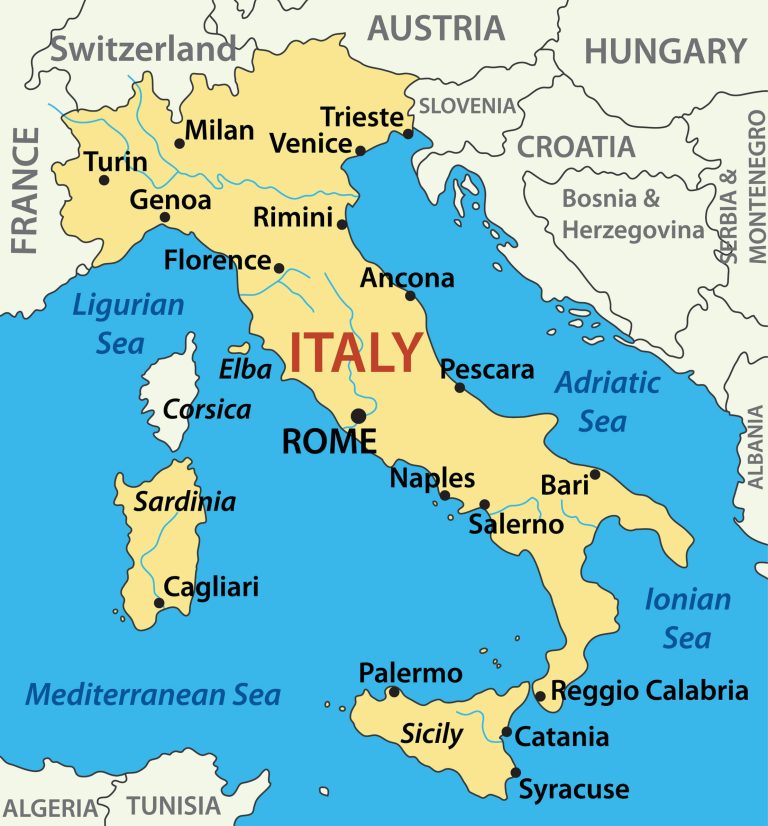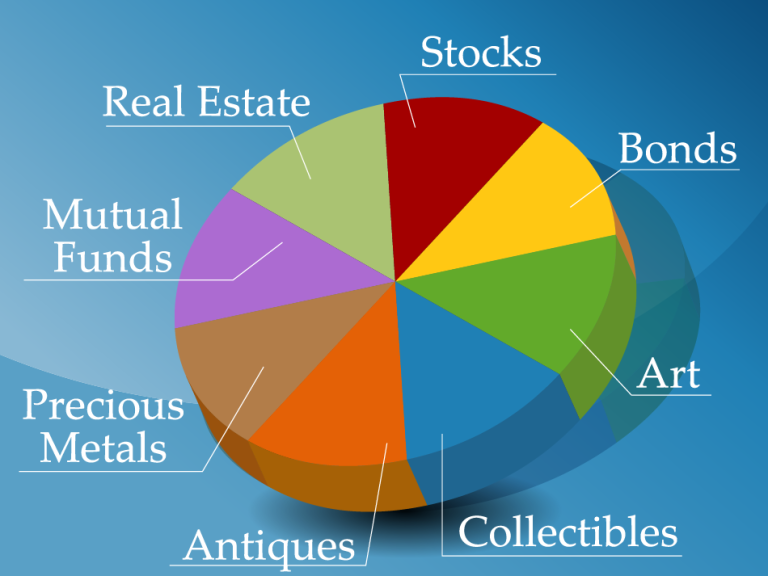

Online banks have totally transformed the way we handle our money in less than two decades, and more people are flocking to them all the time. However, for those of us who are accustomed to depositing our funds in a bank down the road, the thought of banking only online might be jarring. Here are some of the benefits and drawbacks of internet banking to help you determine if it’s suitable for you.
Advantages of online banks
Online banking is becoming increasingly popular, and there are several reasons why. Here are a few of my favorites.
Reduced fees
Brick-and-mortar banks must maintain massive branch networks, which is expensive.
Customers’ accounts are charged maintenance fees to offset these expenditures. Because internet banks do not have branches, they do not face this issue and frequently offer reduced or no fees. A maintenance fee is practically never charged on online savings or checking accounts.
Many other frequent fees have also been eliminated by online banks. Many will not charge you if you use another bank’s ATM, and some will even compensate you if the ATM owner charges you a fee. Overdraft fees are being eliminated by a few online banks, which is enormous for folks who don’t have a lot of money in their accounts.
APYs that are higher
Online banks can also provide higher annual percentage yields (APYs) on deposit accounts. than their traditional competitors Another advantage of not having to maintain an expensive branch network.
While a conventional brick-and-mortar savings account may only provide a 0.01 percent APY – which equates to a $1 gain each year if you have $10,000 in the bank – the finest online savings accounts currently offer APYs of approximately 0.50 percent. That implies a $10,000 deposit would earn you around $50 every year. Certificates of deposit at online banks also feature high APYs (CDs). Furthermore, you are more likely to locate interest-bearing checking accounts online than at a traditional bank. This increased earning potential, along with the absence of costs, might result in significantly more money in your pocket.
Simple to open
You may open an account with an online bank at any time. You don’t have to wait until business hours, and you don’t have to go to a local branch to meet with your banker. Nobody is going to stop you if you decide to establish a bank account online at 3 a.m. on Christmas morning.
Personal information such as your name, address, Social Security number, and date of birth will be required. Some banks may also demand you to make an immediate deposit. Others, on the other hand, allow you to establish an account without immediately financing it as long as you do so within a few weeks.
Excellent online and mobile banking services
Because online banks operate solely online, it is critical that their online banking websites and mobile apps be up to date. They normally invest a lot of work into making sure everything functions well and is simple to use.
Most online banks’ mobile applications allow you to easily examine your balance, move cash between accounts, remotely deposit checks, pay bills, and even send money to others.
Budgeting tools are becoming more available from online banks. This can include automated savings programs that move a specified amount of money to your savings account on a regular basis or round up every transaction and deposit the difference in savings. These instruments are not as common in traditional banks.
Security
Online banks are insured by the same Federal Deposit Insurance Corporation (FDIC) as traditional banks. This protects your money against bank collapse up to $250,000 per account per bank. It’s doubtful you’ll ever need to use this, but it’s an important safeguard you shouldn’t be without.
To help keep your financial data safe, online banks utilize robust encryption on their websites. This is the same method used by traditional banks for their clients’ online accounts.
The disadvantages of online banks
While online banks provide many advantages, there are a few disadvantages to be aware of before opening an account with one.
There are no branches.
Not everyone will miss going to their local bank branch, but there are times when it’s convenient to have the alternative. An online bank requires you to be somewhat comfortable handling your money online, or it will not be a suitable fit for you. If you are unfamiliar with the internet or a smartphone, you should stay with a local institution rather than digital banking.
Deposit and withdrawal possibilities are limited.
Most online banks provide direct deposit and electronic financial transfers, as well as debit cards and check-writing capabilities. The most serious concern with internet banking is cash availability.
When a bank does not have any physical branches, it is difficult to deposit cash. Many online banks feature deposit-taking ATMs, but if you don’t have one nearby, you may be out of luck. That’s why some individuals have at least a checking account at a physical bank to which they may transfer monies as needed.
Withdrawing cash is normally not difficult because most banks have vast, countrywide ATM networks. However, if you don’t have any nearby, you may be charged to use an out-of-network ATM. If you just have a savings account, you may need to open a physical checking account in order to access these assets.
Customer care
Most customers feel that brick-and-mortar banks still have an advantage in terms of customer care, especially when it comes to smaller, regional banks where you can truly create relationships. That will not happen with an online bank.
However, if you require live assistance, there are still options. During business hours, most provide phone help, and some also provide live chat or social media assistance. Most individuals are happy with this since they rarely talk to their bankers. However, if getting individualized service when you need it is crucial to you, a traditional bank may be a better option.
fewer account variations
Brick-and-mortar banks often provide a wide range of checking and savings accounts, as well as CDs, money market accounts, loans, and, on occasion, investment services. This makes it simple to handle your money in one location.
Most internet banks do not provide as many possibilities. Savings and CDs are the most common, and most people have a checking account as well. There are a few online banks that can compete with their brick-and-mortar counterparts in terms of product offers, but many others are still far behind.
This is expected to change as internet banking grows more popular. However, if you must continue with a single bank, make certain that it provides all of the financial services you want.
Is an online bank suitable for me?
Only you can determine whether or not an online bank is suitable for you. Reviewing the benefits and drawbacks of online banking should help you decide which direction you want to go, You might create an online savings account to take advantage of the higher APYs and retain everything else at your local bank if you like. You might also convert everything to an internet bank while keeping a checking account at your local bank for convenient access to your money.



